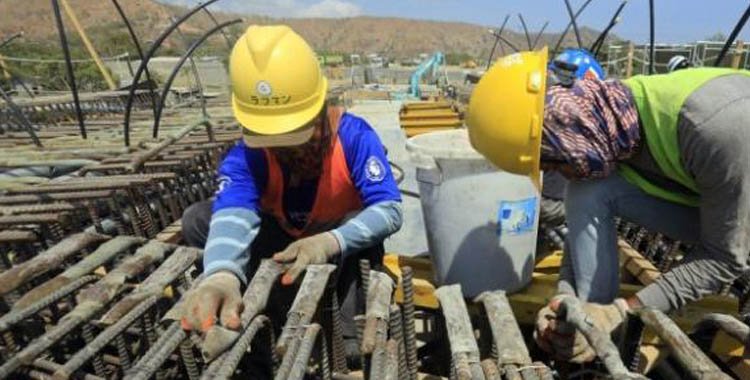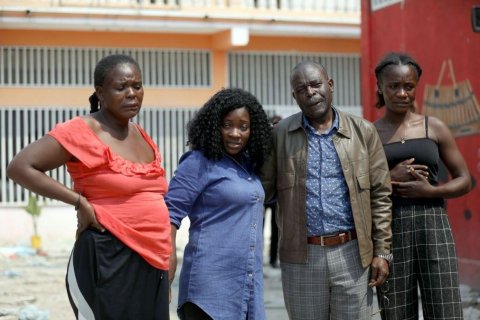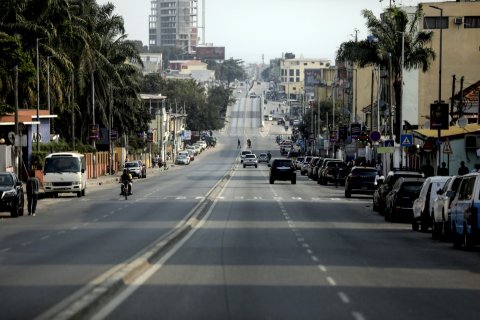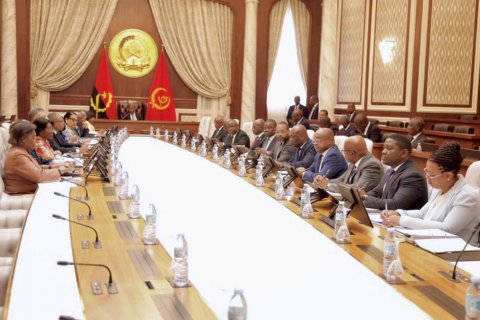The 2024 Angolan Public Procurement Annual Report states that, when analysing the various types of procedures adopted in public procurement, the emphasis is on simplified procurement (67 percent), followed by the limited competition by invitation (21 percent) and only 7 percent were subject to public tenders.
The data indicate that, in the period under analysis, of the total of 4,389 public procurement procedures (PCP) registered, open procedures accounted for 11 percent (462), having decreased compared to the previous year, and closed procedures accounted for 89 percent (3,927).
“Compared to the same period last year, open PCPs accounted for a lower percentage, with 26 percent (323) and 76 percent (942) in 2023, respectively,” the report states.
According to the document, “this indicator indicates that the use of competitive procedures has been much lower than that of closed procedures.”
In Angola, simplified contracting, also known as direct award or direct contracting, is a form of public contracting that allows a public entity to contract directly with a supplier, without the need for a public tender.
As in 2023, last year's financial year was marked by several financial restrictions, which led to a slowdown in the volume of expenditure made by contracting public entities.
“However, it showed significant progress in the consolidation of the National Public Procurement System [SNCP], with a notable growth of 247 percent, compared to the same period last year, in the number of Public Procurement Procedures (PCP) registered, compared to the previous year, totaling 4,389 procedures”, the document states.
Of the 4,389 registered PCPs, service acquisitions account for 59 percent (2,570) of the total reported, followed by the acquisition of movable assets, with 34 percent (1,470) and public works contracts, with 8 percent (328).
The document highlights that the growth recorded in 2024 reflects the SNCP's efforts to massify the communication of procedures, as well as to promote a culture of greater rigor, transparency and responsibility on the part of EPCs.
“Despite this progress, the data reveal that closed procedures, such as simplified contracting, continue to dominate the national panorama (67 percent), to the detriment of open and competitive procedures, which limits competitiveness and the possibility of achieving better contracting conditions”, highlights the report.
In the current context, they consider that it is necessary and urgent to expand the use of electronic procedures, through the National Electronic Public Contracting System (SNCPE).
“The SNCPE has established itself as an essential tool for ensuring greater transparency, equity and efficiency, promoting a fairer contractual environment that is less vulnerable to improper practices”, the document also highlights.
The expenditure made in the items subject to the Public Contracts Law generated around 6.1 billion kwanzas, equivalent to 25 percent of the State budget for 2024.
“However, only 8 percent of this amount was actually reported to the SNCP, signaling the need for improvements in inter-institutional coordination and in compliance with legal obligations by the EPCs”, highlights the report.







